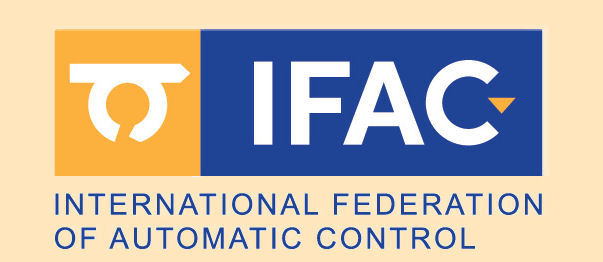| Paper WeBT3.2
TESSO WOAFO, Paul Christian (University of Calabria), Angeli, David (Imperial College), Casavola, Alessandro (Universita' Della Calabria), Tedesco, Francesco (Università degli Studi della Calabria)
Novel LQR and Economic MPC Strategies for Energy Harvesting in Wave Energy Converters
Scheduled for presentation during the Regular Session "Robust and Nonlinear control" (WeBT3), Wednesday, July 16, 2025,
14:20−14:40, Room 107
Joint 10th IFAC Symposium on Mechatronic Systems and 14th Symposium on Robotics, July 15-18, 2025, Paris, France
This information is tentative and subject to change. Compiled on July 16, 2025
|


 This site is protected by copyright and trademark laws under US and International law.
This site is protected by copyright and trademark laws under US and International law.